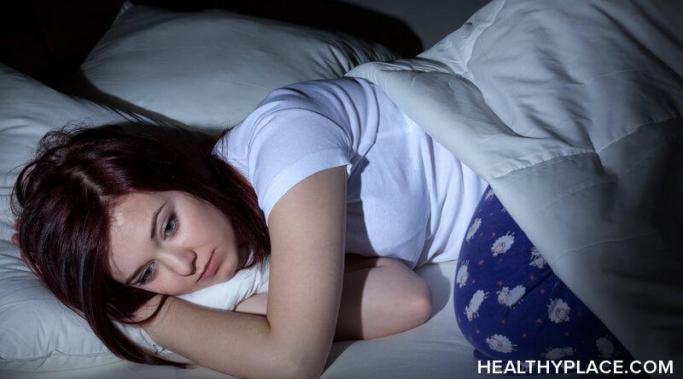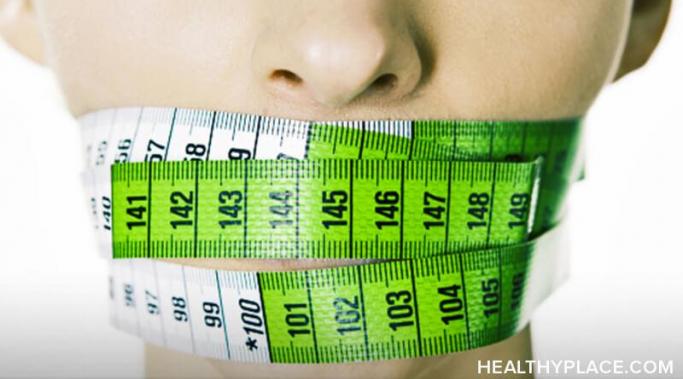Blogs
Posttraumatic stress disorder (PTSD) and suicidal ideation are linked, and I have to admit that this week I found myself reverting to thoughts of ending my life. When life gets overwhelming, as it has for me lately, it's so easy to slip into thinking that things would be much easier if I just didn't have to feel anymore. Out of the blue, my employers informed me, and the other nurse practitioners I work with, that we will be jobless in six weeks. We were all left in utter shock.
If you feel frustrated (and maybe even defeated) because you can't stop worrying, you're not alone. The tens of millions of people with anxiety are worrying, too. Worry involves running what-ifs and worst case scenarios through your head day and night. It creates anxious agitation, physical side effects, and strong emotions. It's exhausting and can reduce your quality of life. The good news is that you can break out of the cycle of relentless worry. Try this quick reference tool to easily remember techniques to stop worrying.
We all need to learn to accept our flaws because improving your self-esteem doesn’t mean you should only recognize your positive traits. Appreciating your virtues, of course, does help to combat low self-esteem. However, if you focus exclusively on positive attributes, this could land you in the trap of narcissism. Having healthy self-esteem involves looking at your flaws as well. This is because self-esteem needs to be grounded in reality. When you have a down-to-earth perspective on yourself, you avoid the extremes of narcissism and self-criticism. This allows you to relate to yourself in a more understanding way.
Self-harm affects relationships negatively when you swear your loved ones to secrecy. As you know, one of the worst things about self-harm is all the lying, all the secrecy. Whether you have self-harmed once or have had a habit for years, chances are that it is not something you are open about. Chances are that, somewhere along the way, you have lied — either directly or by omission — to someone about your self-harm.
The use of restraints for children with mental illness in hospitals and schools is common and legal. While instances of abuse and overuse do happen and should be taken very seriously, this post isn't meant to debate whether they should be eliminated in treatment. Neither is it meant to promote the use of restraints. Instead, this is a look at how my own family has experienced them.
We need to debunk eating disorder myths because, despite their jarring prevalence in modern society, eating disorders are often misunderstood by people who have not experienced them firsthand. Because of this limited consideration and knowledge, common myths about eating disorders have emerged that need to be debunked.
Surviving Halloween is not something I take lightly. I experienced visual and auditory hallucinations many years before receiving my schizoaffective disorder diagnosis. I thought I was receiving some sort of communication from a spirit world. Halloween is a difficult holiday for me even though I've been on medication for over a decade now. Here are some of my experiences and how I've coped.
Setting healthy boundaries is an essential element of relationships but navigating the implementation of boundaries can be intimidating. A therapist once said to me, "We teach people how to treat us." Those words stayed with me. Once I understood that I teach people how to treat me based on what I will and won't tolerate, I felt empowered and began setting healthy boundaries in my relationships.
Reducing clutter improves mental health. Clutter can affect your mental health and get in the way of your blissful life. Reducing clutter by spending even 10 minutes each day organizing or cleaning can make a difference in your overall happiness and health.
People with attention-deficit/hyperactivity disorder (ADHD) often struggle with insecurities. Much has been written about ADHD and self-esteem, and, to me, low self-esteem and insecurity go hand-in-hand. An interesting article on FastBraiin describes a number of conditions associated with ADHD, including low self-esteem, insecurity, and anxiety. All three result from confusion about one's role, identity, or expected behavior. It makes sense that people with ADHD, whose thoughts can go all over the place, would experience this sense of confusion.










I believe she will only be able to rid herself of her demons, and hopefully her BPD as well, when she's ready to confront the abuse of her father. If she can put the blame where it belongs, she may stop projecting that victim/perpetrator cycle on the present men in her life. These demons are a metaphor for the purgatory she has created for herself. That reality has consequences in the real world, but it need not be real in the tangible sense. Exorcising her demons will require the expenditure of real physical energy and probably the destruction of aspects of her personality. If this ever happens, and it's possible but not probable, then these demons will evaporate. They are only as real as one's personality is real. In short, reality is not the question, it's what you make of the things you feel to be real.